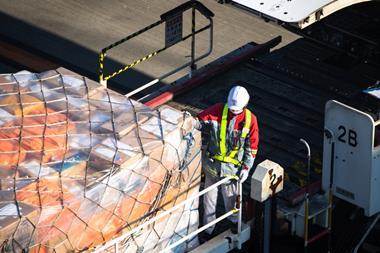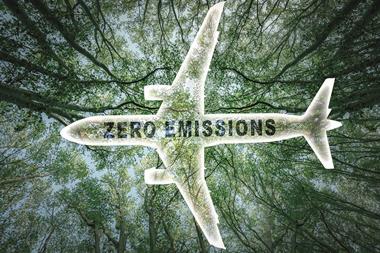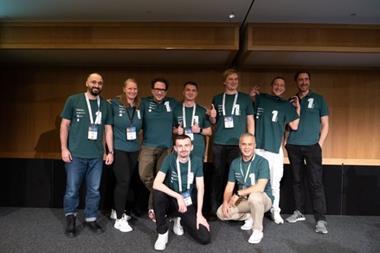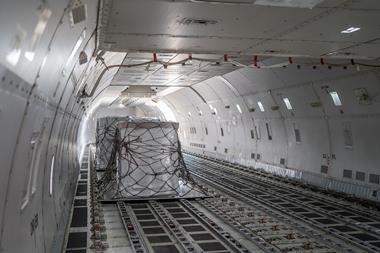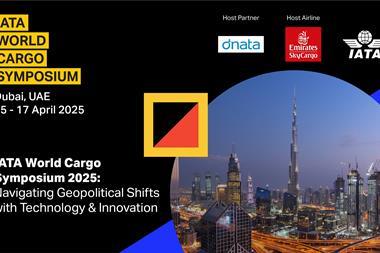Air cargo’s digitalisation journey has certainly been long and winding, but there has been progress over the past couple of years.
The Covid pandemic helped accelerate the industry’s adoption of digital solutions in response to home working and a rapidly changing marketplace.
Over the past two years it has become clear that emails and telephone calls cannot match the speed of API and cloud-based systems for information gathering, data sharing or to make bookings.
We have also witnessed the rapid rise of online booking portals – whether in-house or third-party providers – that allow airlines to expand their digital reach to more small and medium-sized freight forwarders that may not warrant the time and effort of building individual API connections.
The increasing use of e-commerce and digital communication in everyday life has also helped push their use in air cargo, with industry participants asking: “If online I can book a holiday, buy goods, communicate with people, pay bills, and manage my finances, why can’t I make an airfreight booking or find out information about my shipments without phoning or sending an email?”
No return
Looking ahead, future generations of air cargo workers will be more attuned to a digital working environment and will expect these solutions as standard in the work place.
With this in mind, IATA says we are past the point of no return: “Digitalisation is an imperative in air cargo, not an option or a nice to have.
“Covid has forced many parties to substitute manual processes with digital automation and now that the global logistics chain is coming back up, there are insufficient human resources to revert to manual processes. The only way now is to move digitally.”
The digitalisation stream at this year’s World Cargo Symposium will examine: the role and opportunity for IT platforms; digital distribution and booking; how solution providers are adapting; ULD tracking; and the role of hackathons in digital adoption. Speakers will outline the digital systems they have implemented and how these will develop further.
There will also be a session on the progress being made around IATA’s ONE Record project.
This aims to build an end-to-end digital logistics and transport supply chain where data is easily and transparently exchanged in a digital ecosystem of air cargo stakeholders, communities and data platforms.
Data sharing
ONE Record is a standard for data sharing and creates a single record view of the shipment.
This standard defines a common model for the data that is shared via standardised and secured web API.
The standard is based on mature but progressive data-sharing technologies that are well aligned with the best practices used by leading airlines.
This makes it directly accessible to IT teams and service providers.
During the ONE Record session, speakers will present examples of new use cases, such as digital business that did not exist before the project began.
“For example the use of ONE Record in digital systems to track and manage ULD container resources worldwide and smart ways of dealing with shortage or surplus. We will look at the use of digital systems to track and manage the complex logistics processes and provide detailed planning and tracking insights,” IATA says.
There is also a session on a project in Germany where organisations and companies are implementing ONE Record to support the transport of perishables, with active data sharing between logistics and transport stakeholders to provide visibility for planning and managing these time- and temperature- sensitive transports.
IATA’s call to action on digitalisation reflects a changing world where air cargo cannot afford to be left behind.
“Our call to action for governments and the industry is that digital transformation is an unstoppable trend that provides efficiencies required to manage an ever-growing and increasingly complex global supply chain,” IATA says.











